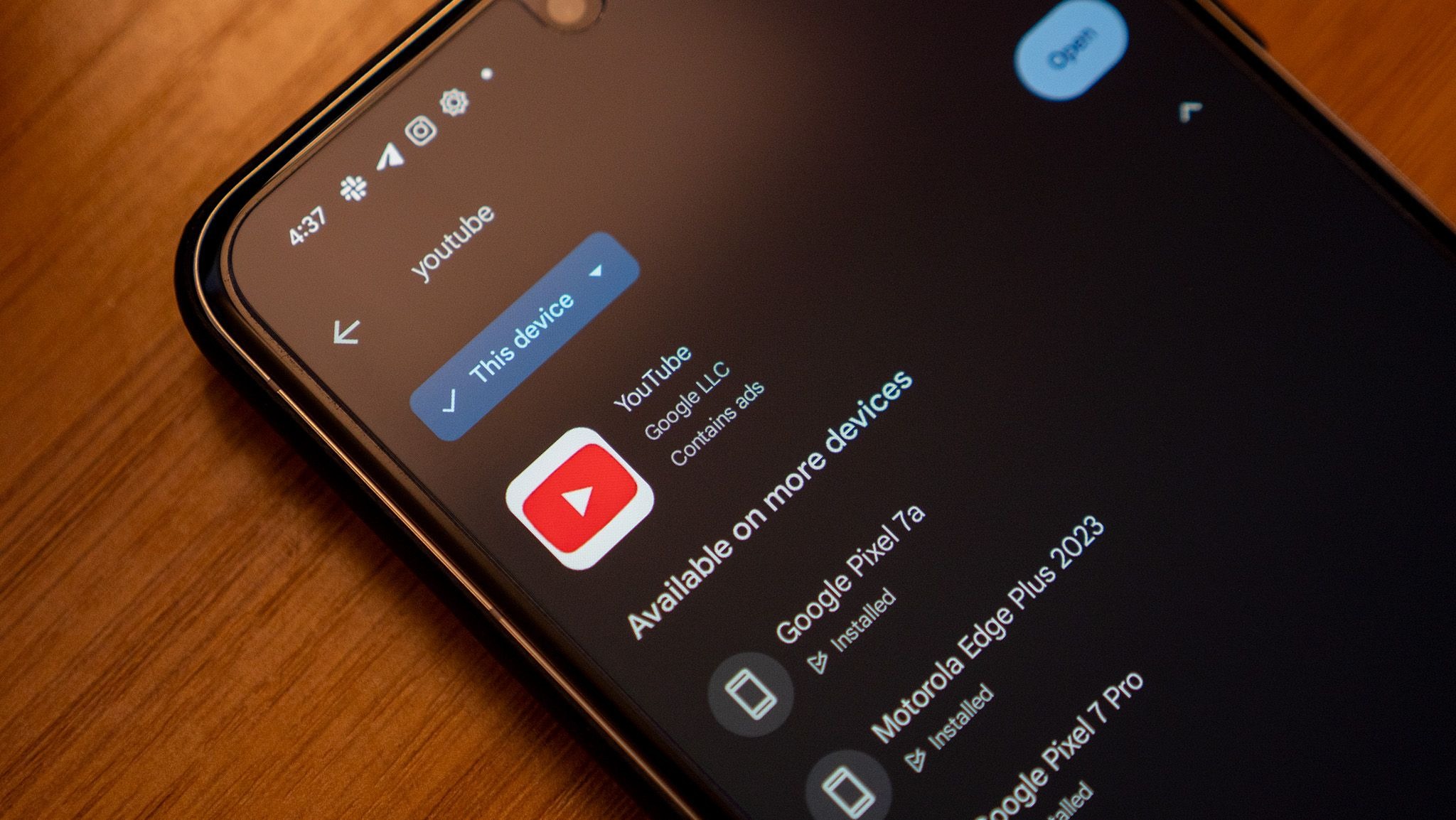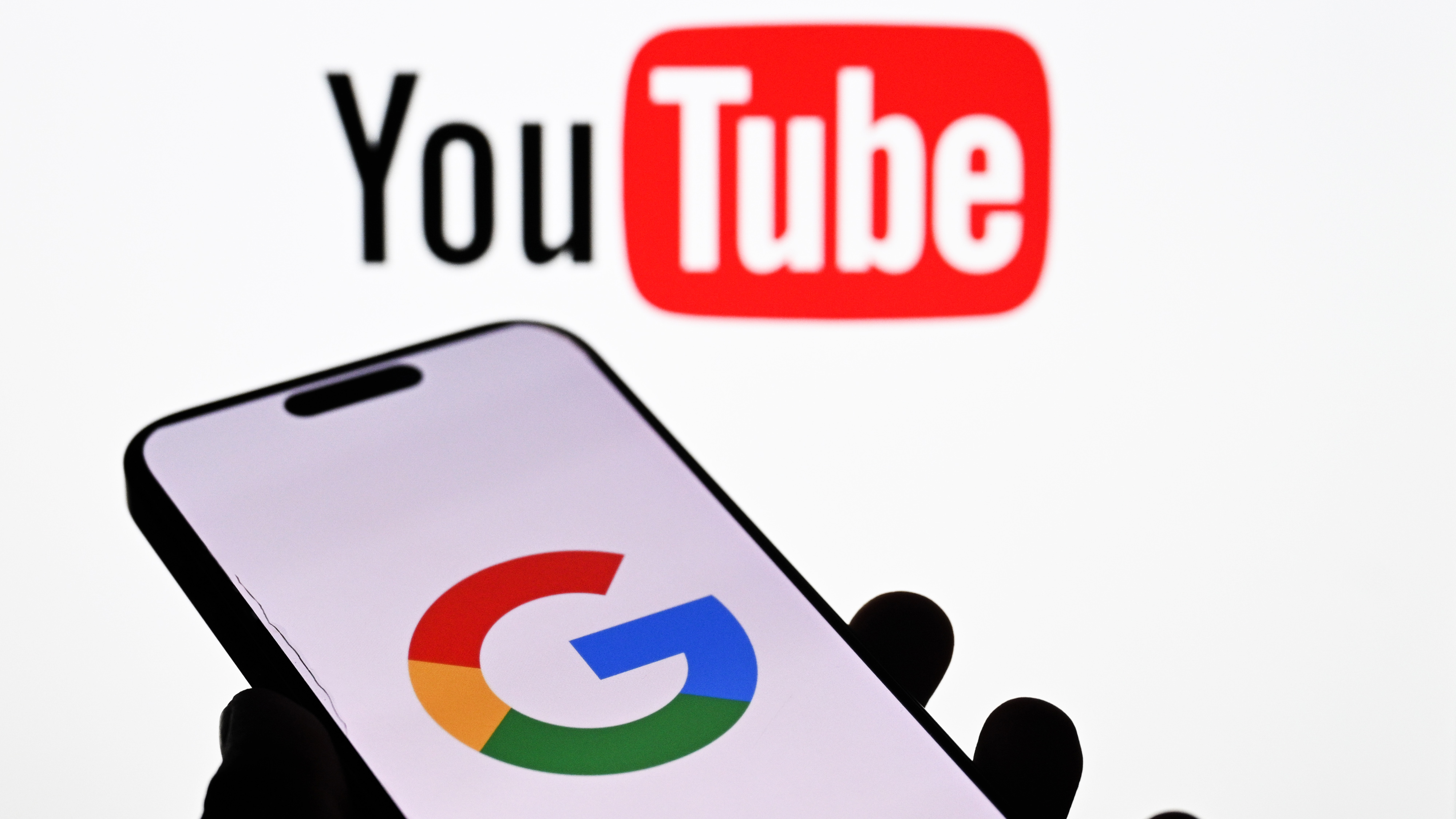YouTube wants to use AI to treat "teens as teens and adults as adults" — with the most age-appropriate experiences and protections
The platform recently unveiled AI-powered age detection technology, making it easier to identify teens and apply protections.

All the latest news, reviews, and guides for Windows and Xbox diehards.
You are now subscribed
Your newsletter sign-up was successful
Google has made major changes to YouTube over the past few months, significantly changing the video-sharing website's user experience. In June, the software giant ramped up its efforts against ad blockers on YouTube, citing that the software violates the platform's terms of service.
Consequently, the company has gone to extreme lengths to prevent users from using YouTube with ad blockers installed in their devices, including preventing playback and even throttling videos.
Arguably, this might be a blatant attempt by the company to get more users to join its $14/month Premium subscription. Am I the only frustrated with YouTube's degraded user experience, rife with multiple unskippable ads?
More recently, the company announced more changes coming to YouTube. The platform wants to curate a unique viewing experience for its users, and will now leverage machine learning to determine their age "to help provide the best and most age appropriate experiences and protections."
It's worth noting that the feature to a small set of users in the United States. YouTube says the feature is designed to bolster its protection efforts for teens, making it easier to treat teens as teens and adults as adults.
We’ll closely monitor this before we roll it out more widely. This technology will allow us to infer a user’s age and then use that signal, regardless of the birthday in the account, to deliver our age-appropriate product experiences and protections.
YouTube
How will YouTube's built-in protection for teens work? AI
The company indicated that it will use generative AI to interpret a wide range of signals, including the types of videos a user is searching for, the categories of videos they have watched, or the longevity of the account. Making it easy to determine whether a user is over or under 18 years.
Interestingly, the company says that it will automatically apply age-appropriate experiences and protections once it identifies that the user is a teen, including:
All the latest news, reviews, and guides for Windows and Xbox diehards.
- Disabling personalized advertising
- Turning on digital wellbeing tools
- Adding safeguards to recommendations, including limiting repetitive views of some kinds of content
But what will happen if the AI-powered system mistakenly classifies you as a teen instead of an adult? YouTube says that it has put elaborate measures in place to circumvent such occurrences, including allowing them to verify their actual age using government-issued IDs or credit cards.
Elsewhere, Google recently unveiled a new AI Overviews clone search results carousel feature designed to help YouTube users find content faster in the platform. The feature suggests videos which include brief AI-generated topic descriptions to speed up the user's search experience.
As AI tools become more advanced, its increasingly becoming difficult for users to tell what's real and what's fake. As such, YouTube is becoming flooded with AI slop, but it recently updated its monetization policies to help identify mass-produced and repetitive content.
Last week, the UK's Online Safety Act became a law, making it mandatory for websites and social media platforms to prevent youngsters from accessing or watching adult content. Consequently, there has been a surge in demand for VPNs in the UK.

Kevin Okemwa is a seasoned tech journalist based in Nairobi, Kenya with lots of experience covering the latest trends and developments in the industry at Windows Central. With a passion for innovation and a keen eye for detail, he has written for leading publications such as OnMSFT, MakeUseOf, and Windows Report, providing insightful analysis and breaking news on everything revolving around the Microsoft ecosystem. While AFK and not busy following the ever-emerging trends in tech, you can find him exploring the world or listening to music.
You must confirm your public display name before commenting
Please logout and then login again, you will then be prompted to enter your display name.

